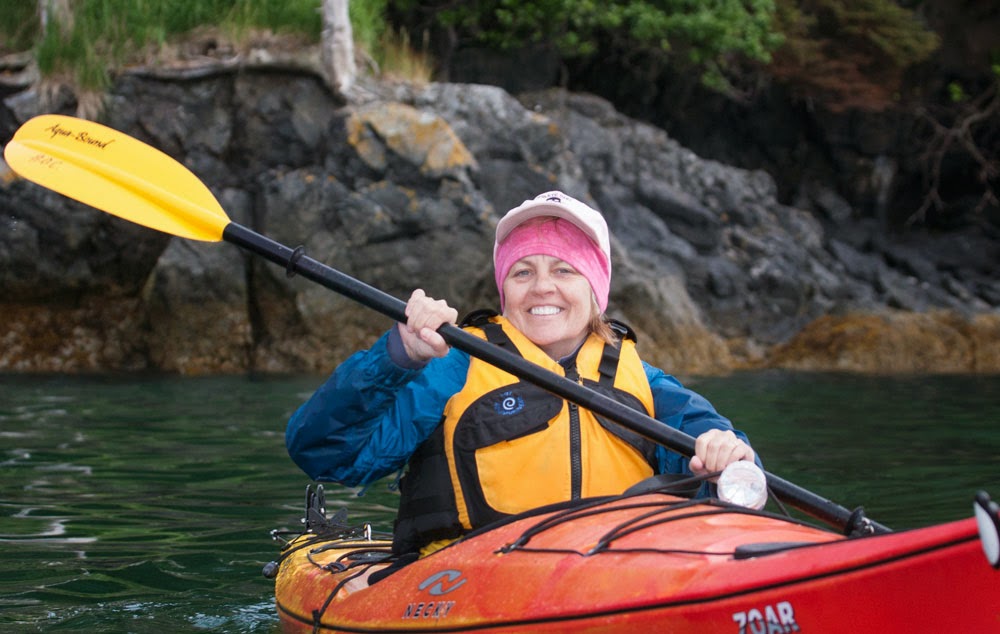
Yes!
(written March 26, 2009)
Dedicated to Karim & Jennifer
One day
I wake up to the not so far off rumble
Of Mount Redoubt, esteemed Volcano Mother of
The Land of Ten Thousand Volcanoes, down the street and
The land line ringing off the hook, three loud br-rings! before I reach
To say hello! Flipping on KBBI 890 Homer, PBS to hear a volcano ashfall
Advisory "...in effect from noon to four p.m."...then the voice on the other end
Again, "Mom, there's three! Triplets!" Hold fast there girl!
"I'm so scared." You can do this. Anchor yourself there girl-woman!
Before the noon day sun is hidden behind gray dust,
A miracle has dawned in the labyrinth of our old, deep love, that
Love that, when it chooses, comes right into the house,
Doesn't even take off its shoes. Whoosh! Pushs molten rocks up and off
Like they're marbles, shakes out the hair and flings open the windows.
Later, after the advisory is called off, all of my laughter comes.
I run down the bluff to the beach
Tell the sea, "Thank you ! Thank you! Thank you!
I tell the sky, "Thank you ! Thank you! Thank you!"
I kneel on the ground in ash, "Thank you! Thank you! Thank you!"
And then I turn in the direction of Mount Redoubt, and this is where
All of my tears come. I shout "Yes! Yes! Yes!'
And the word carries me all the way up to high tide and
The waves lapping the shore, as if to agree with me, their sounds
Say yes, as does the wind, and Mount Redoubt, and the earth making this
Huge Great Birthday Cake, Creating the Universe. I thank you.

















